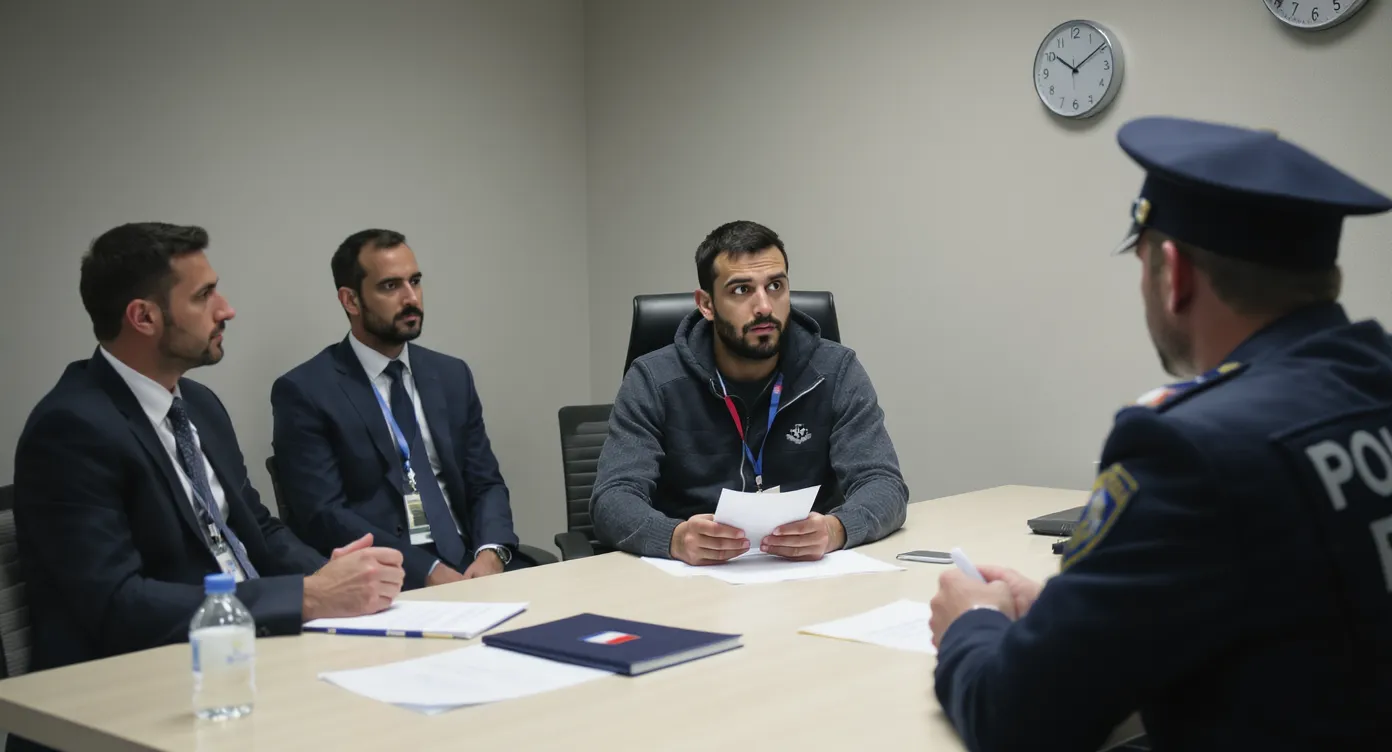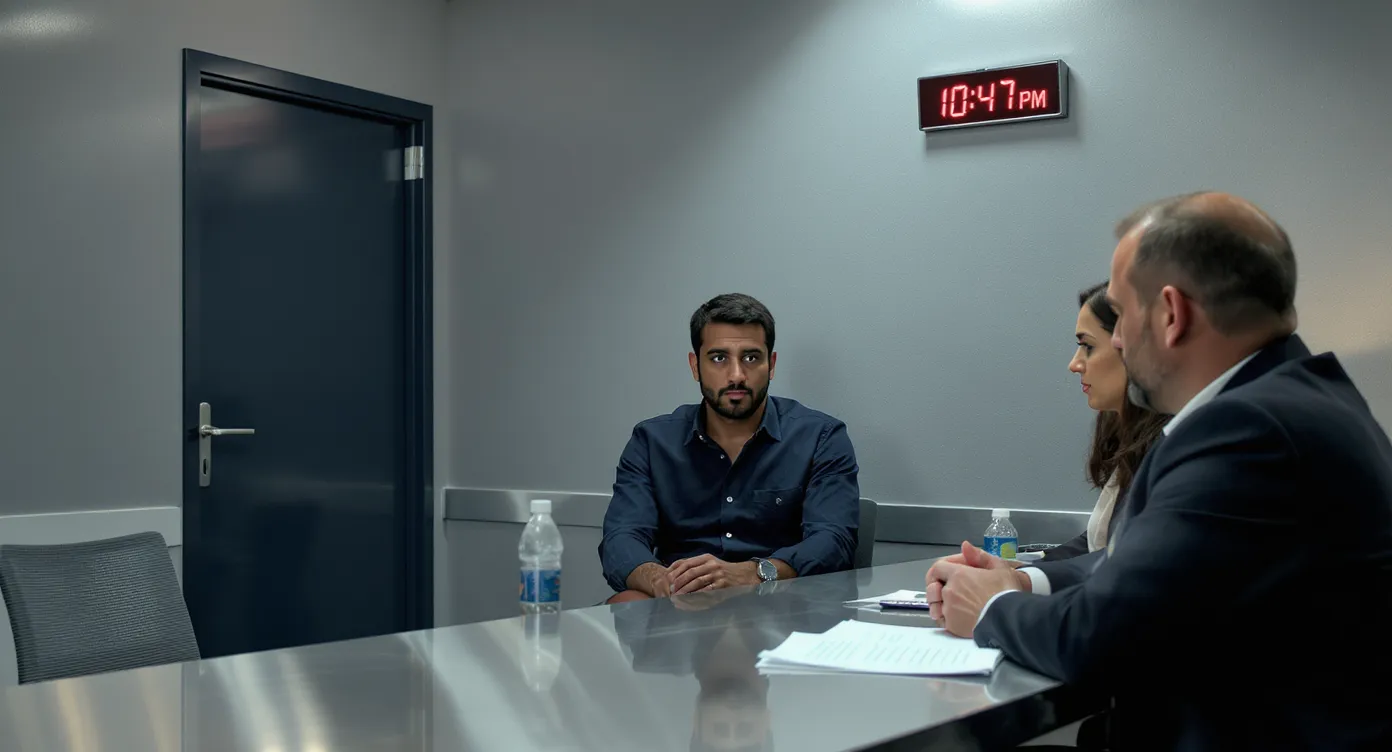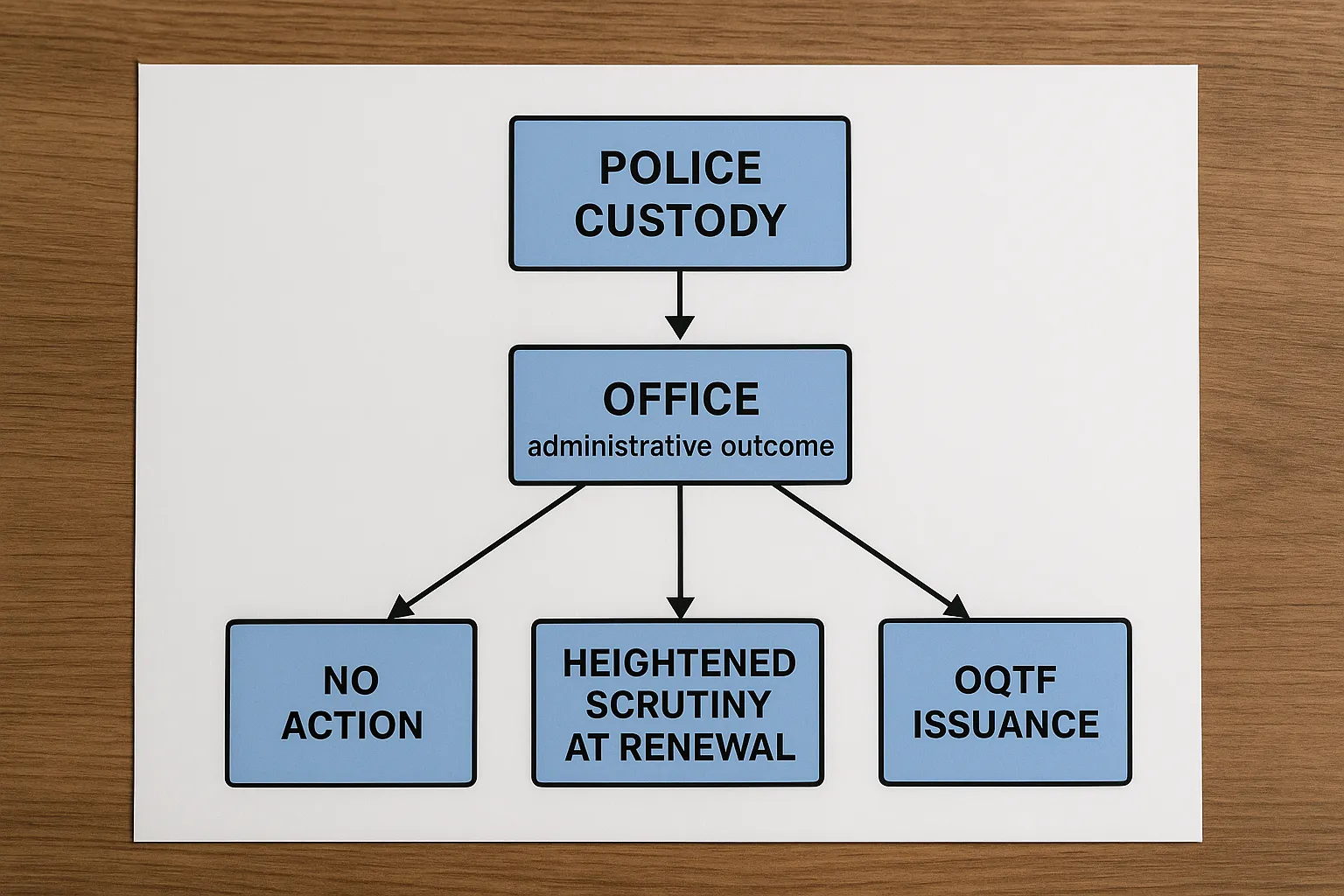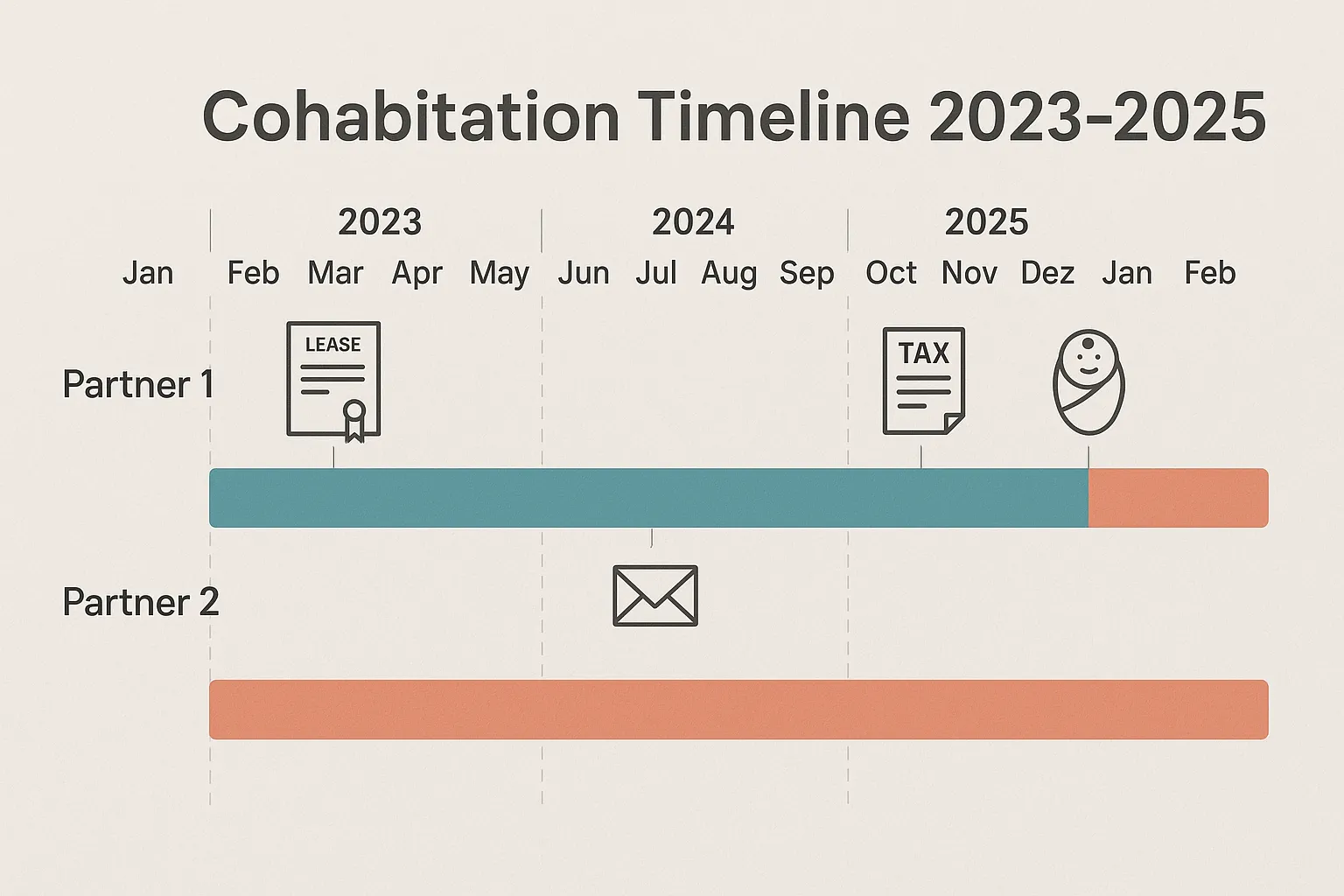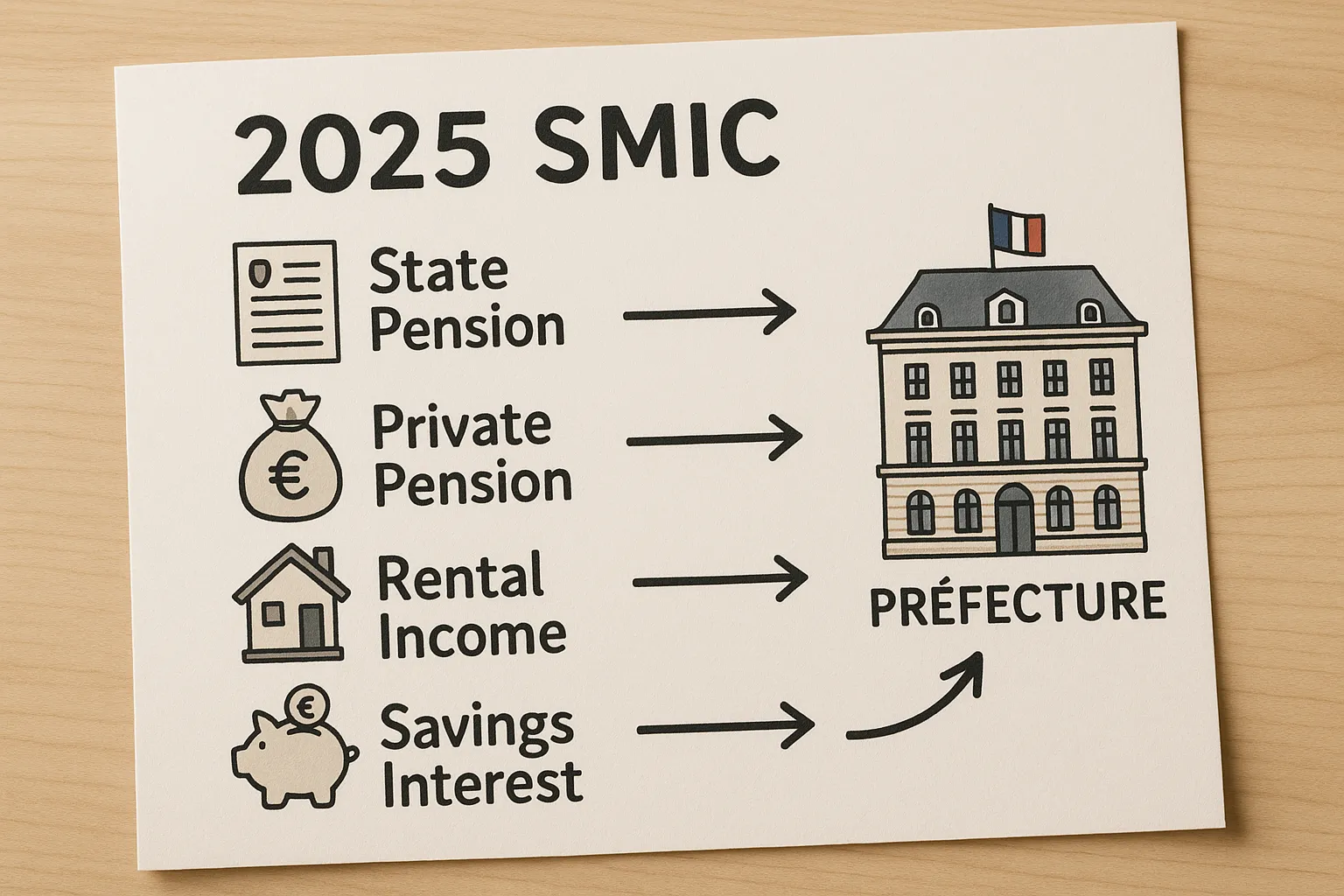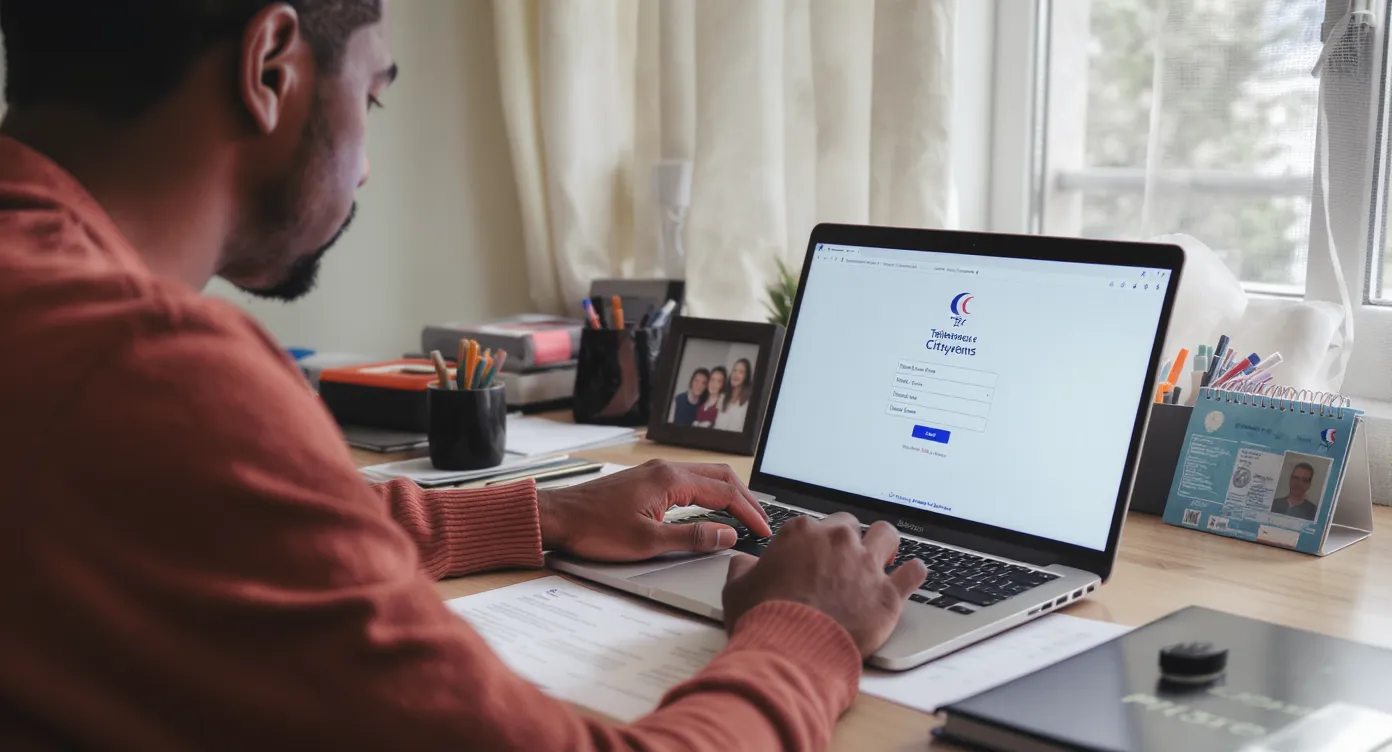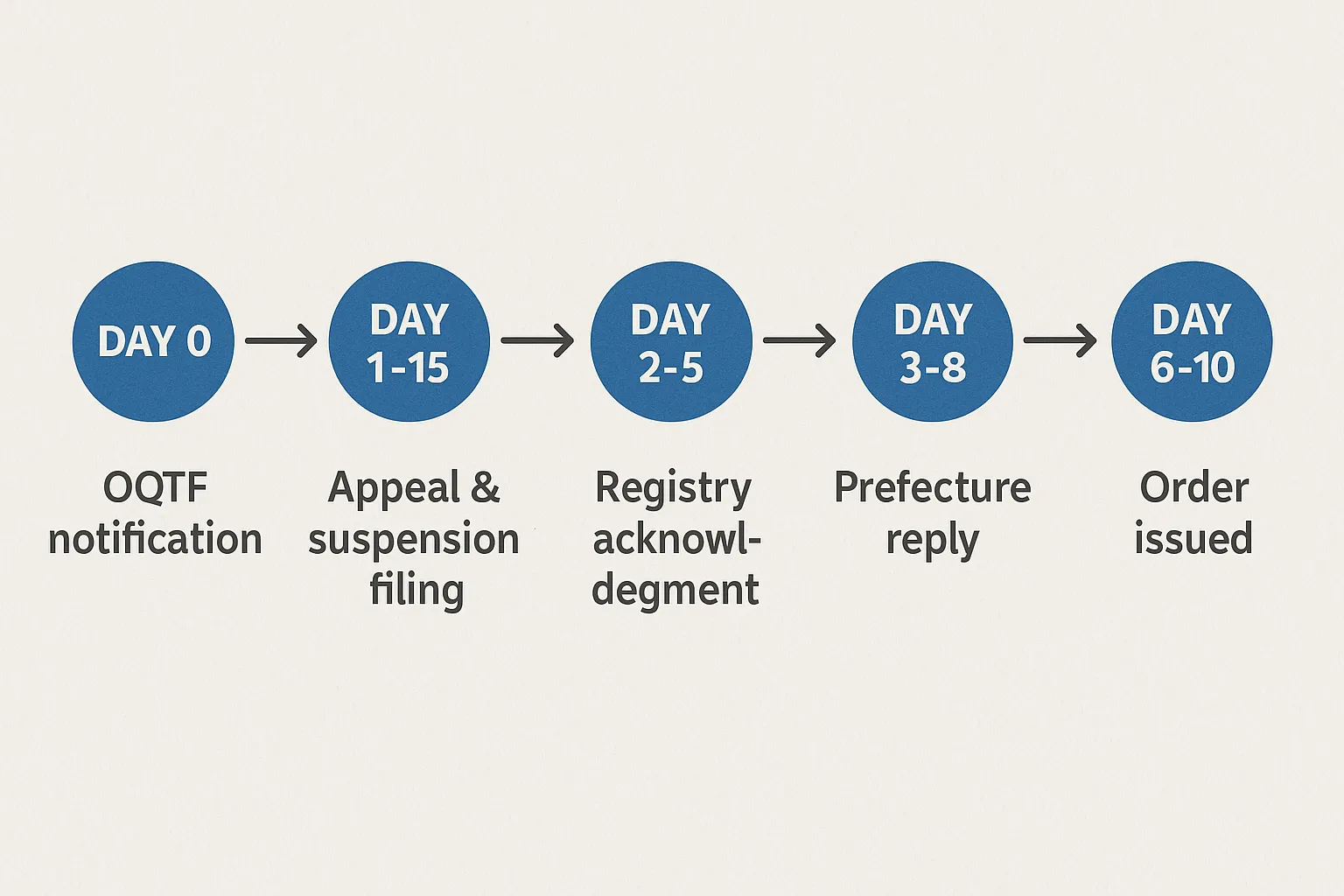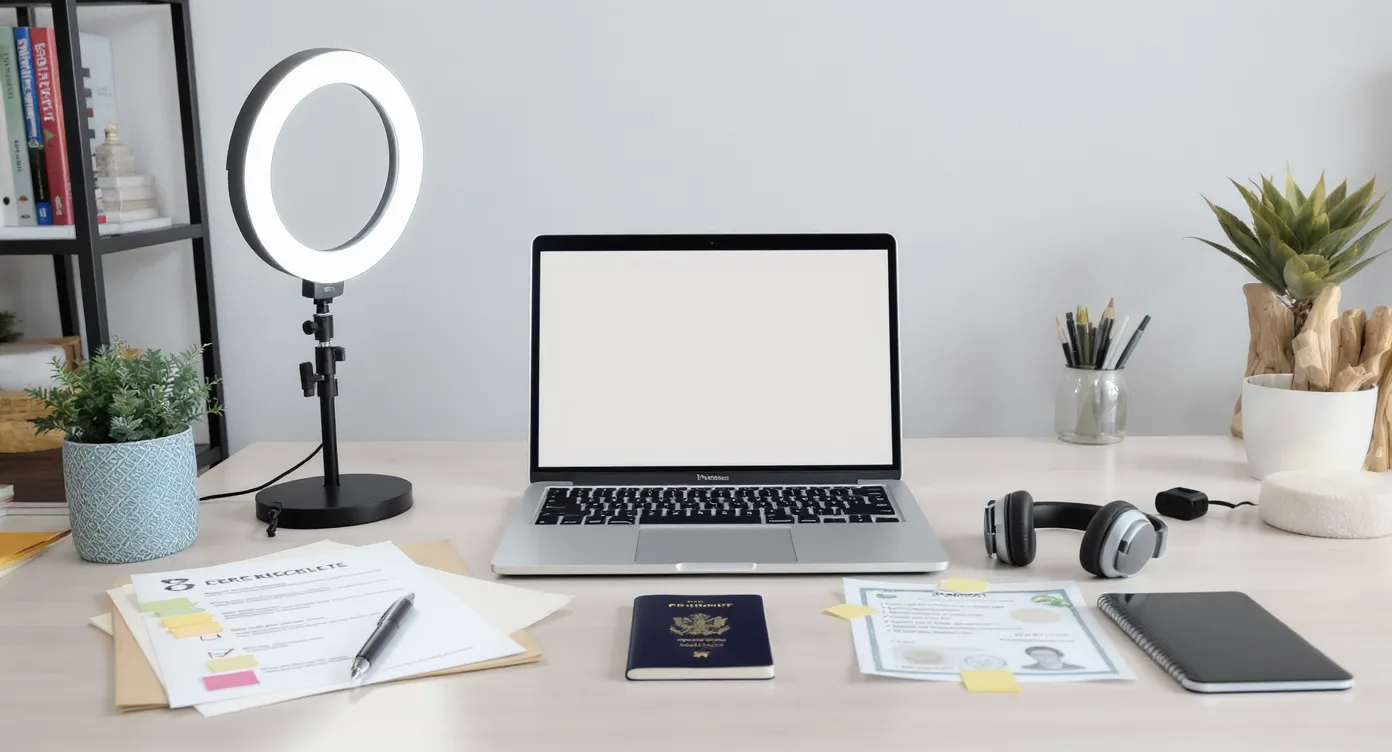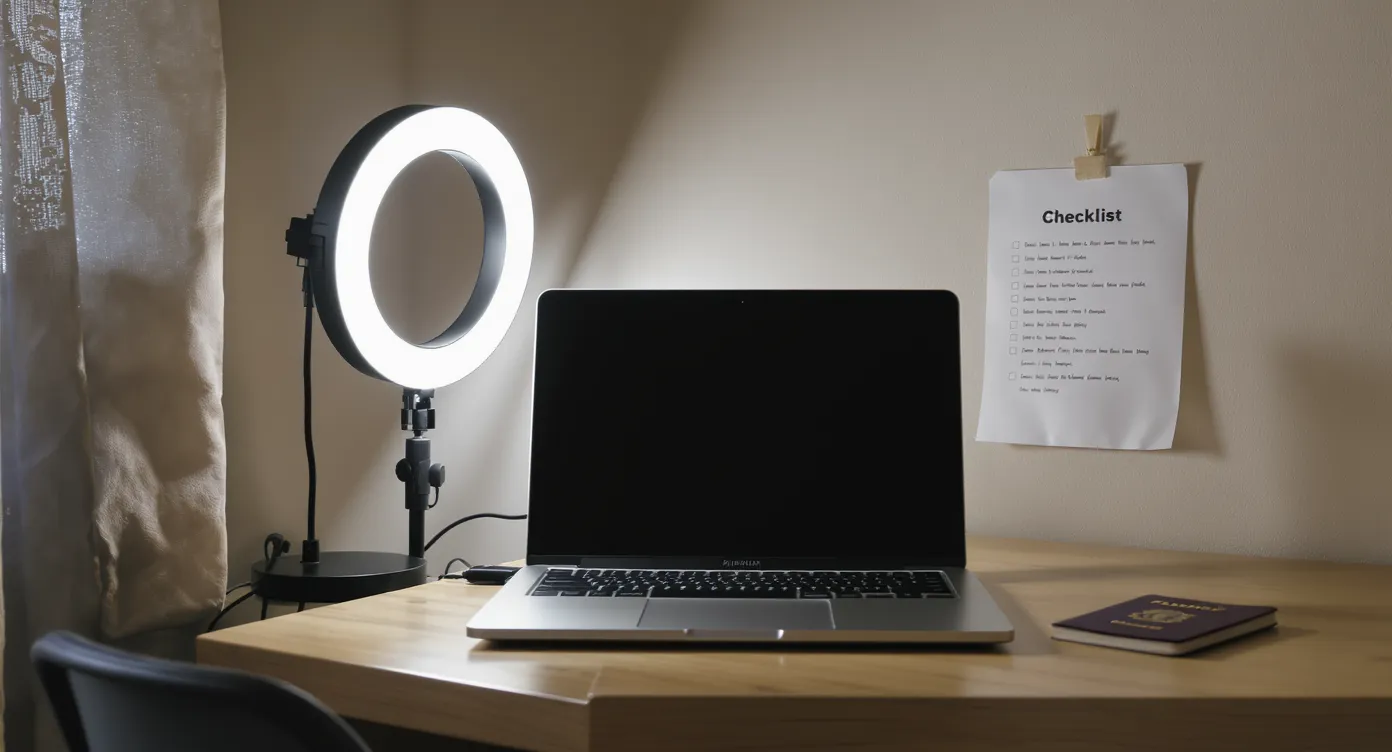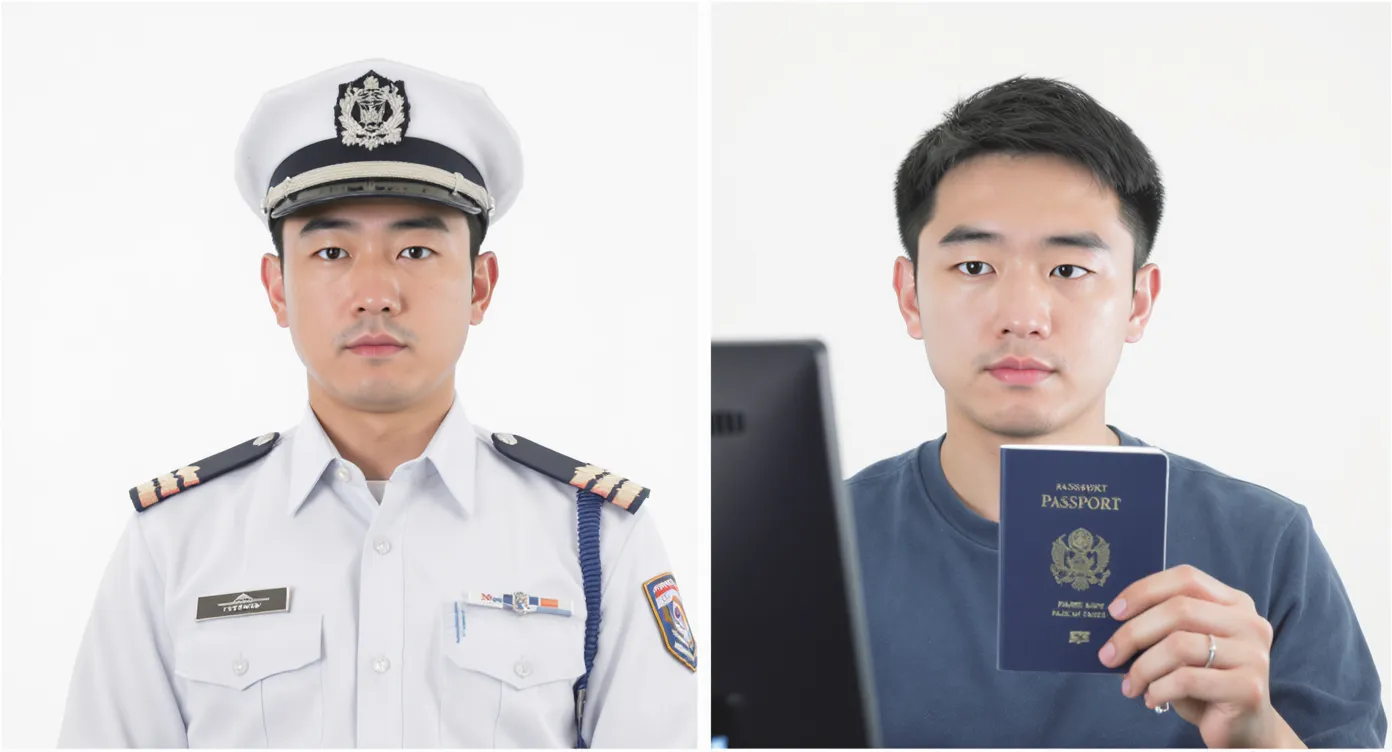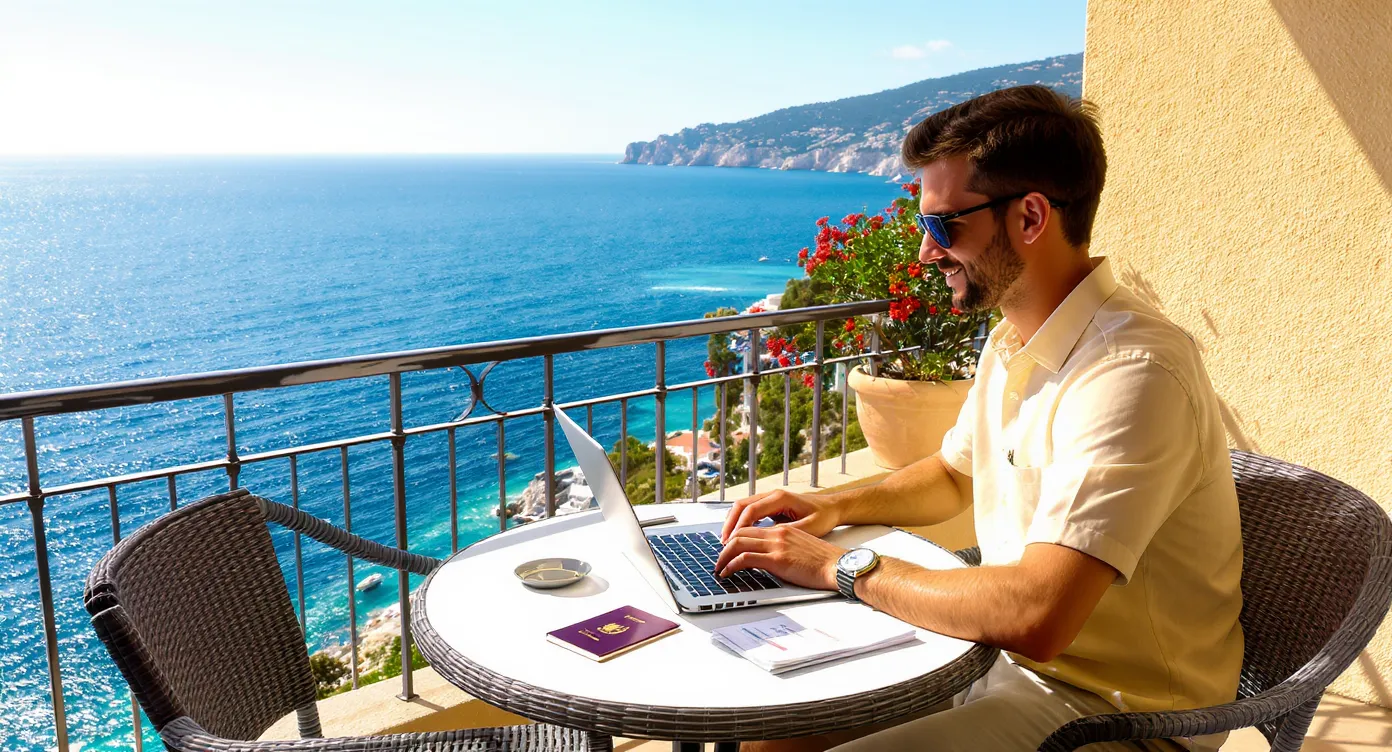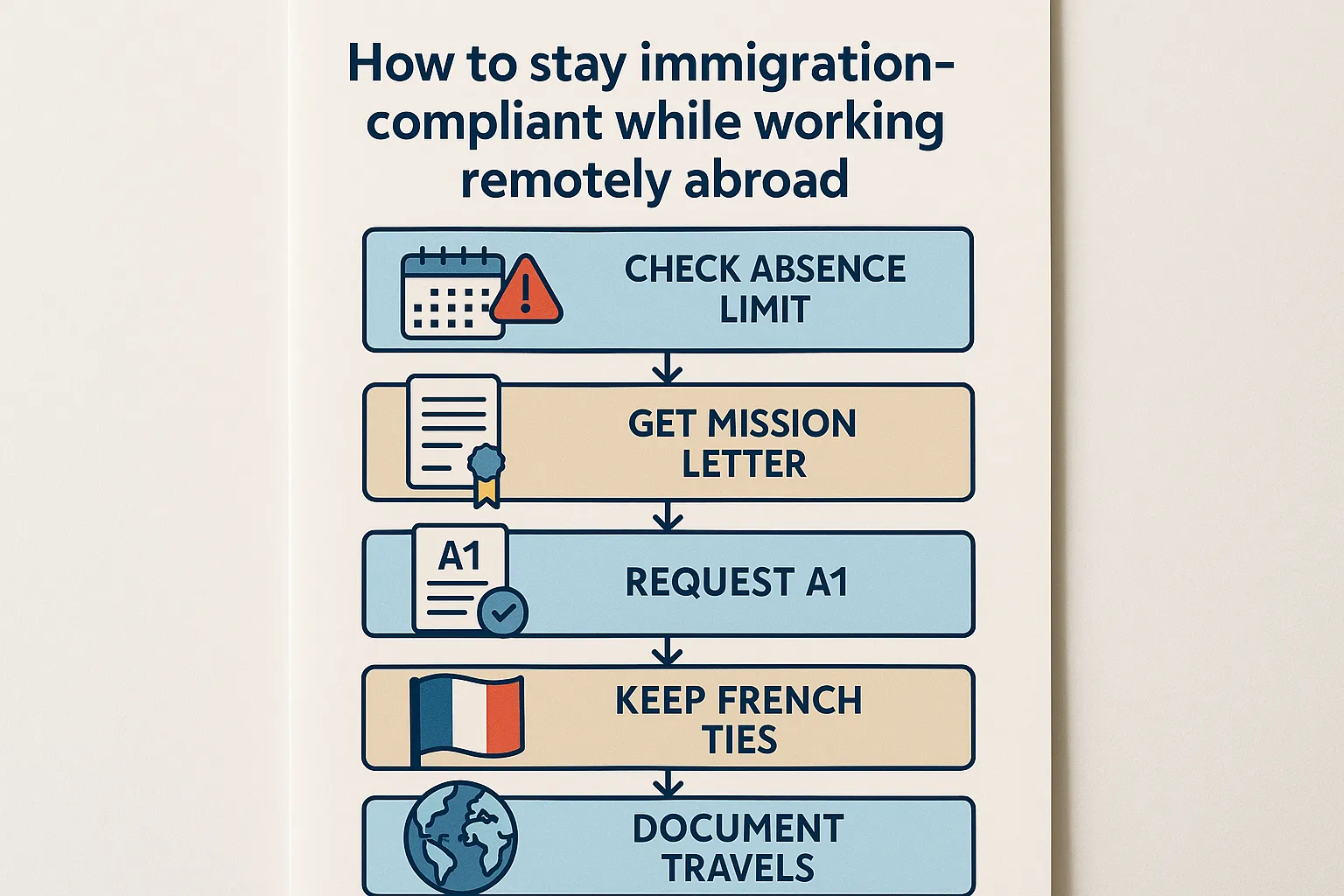Obtaining a Certificat de nationalité française (CNF) is often the final, decisive step before your child can apply for a French passport, national ID card or benefit from simplified residence-permit procedures. Yet many parents discover only after an administrative setback that the process is neither automatic nor fast. This guide breaks down, in plain English, who needs a CNF, the exact filing route in 2025, and how to avoid the most common mistakes that delay recognition of French nationality for minors.
1. What exactly is a CNF?
A CNF is a formal document issued by the French judicial authority confirming that an individual is French on the day the certificate is delivered (Article 31, Civil Code). Unlike a birth certificate with a marginal note or a French passport, the CNF is considered the highest‐value proof of nationality and is routinely requested by:
- French consulates abroad before issuing a first passport to a child born outside France.
- Préfectures processing immigration files where French parentage is claimed.
- CAF, CPAM and other agencies to open rights under French law.
The certificate is delivered free of charge by the greffe (clerk’s office) of the Tribunal judiciaire — Nationality Service — competent for your place of residence, or by the French Consulate if you live abroad.
2. Situations in which your child will (almost) certainly need a CNF
- Child born abroad to at least one French parent but the parent has no current French ID.
- Child born in France to foreign parents who wishes to claim jus soli nationality at 13, 16 or 18 years of age.
- Adopted child whose French nationality results from adoption plénière but whose foreign birth certificate does not bear the marginal note yet.
- Child of a naturalised parent when the decree of naturalisation is missing or older than 10 years.
- Administrative dispute (e.g., prefecture doubts the authenticity of documents or parentage).
If your child already holds an up-to-date French passport or CNI, a CNF is usually unnecessary. However, many consulates will still ask for it when the parent’s French documentation is incomplete or expired.
3. Eligibility grounds at a glance
| Main legal ground | Civil Code article | Key conditions |
|---|---|---|
| Right of blood (jus sanguinis) | Art. 18 | At least one parent is French at child’s birth, regardless of birth country |
| Double jus soli | Art. 19-3 | Child born in France, and at least one parent also born in France |
| Deferred jus soli | Art. 21-7 | Child born in France to foreign parents, automatic nationality at 18 if lived in France 5 yrs since 11th birthday |
| Early request at 13 or 16 | Art. 21-11 | Same as above, but request signed by parents (13) or child (16) |
| Naturalisation of parent | Art. 22-1 | Child under 18 residing with newly naturalised parent |
For each scenario, the greffe will verify documentary proof of the legal condition and uninterrupted chain of civil records (parent → child).
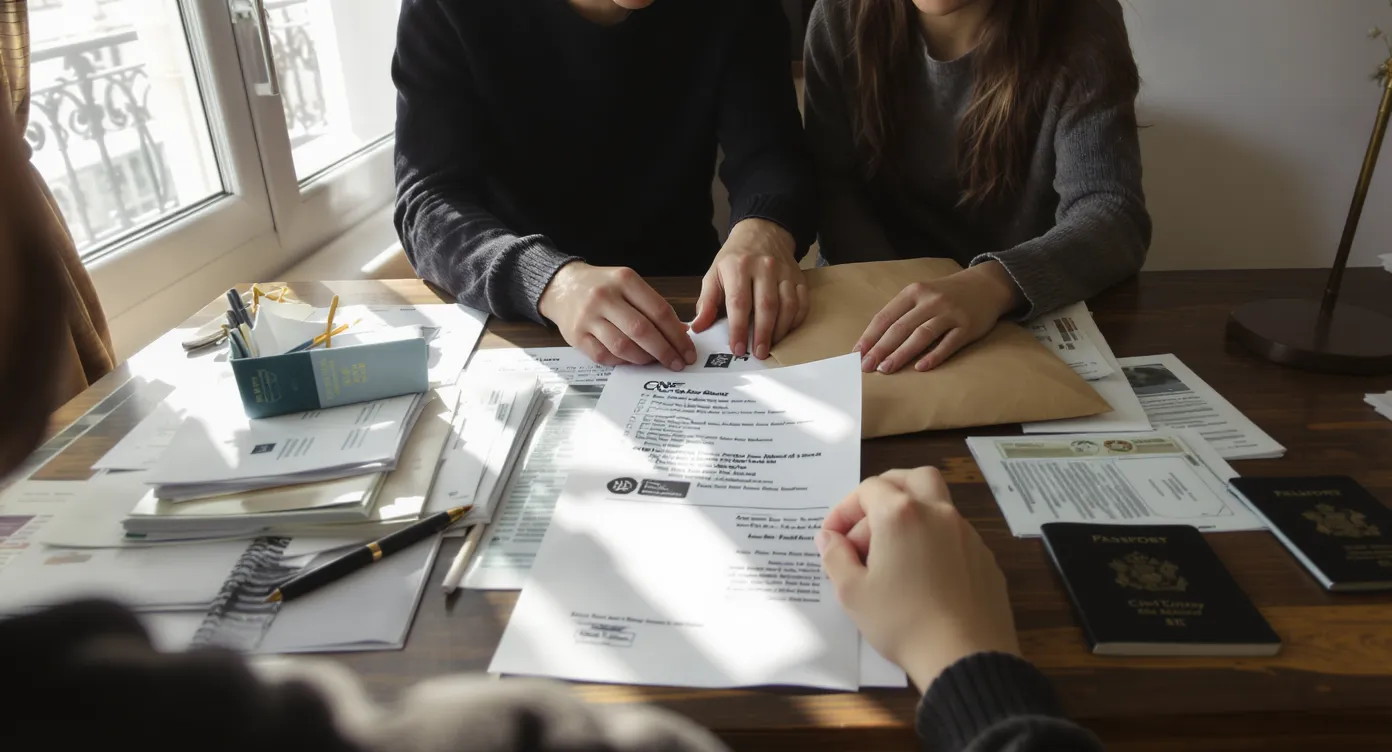
4. Step-by-step filing roadmap (2025 edition)
Step 1 – Identify the competent authority
- Living in France: Apply to the Tribunal judiciaire of your département. Paris residents file at the Tribunal judiciaire de Paris, Nationality Service, 30 Rue du Château des Rentiers, 75013.
- Living abroad: Apply at the French consulate in your country of residence. A growing number of posts now accept digital pre-registration via France-Visas, but the CNF itself remains a paper application.
Step 2 – Assemble the dossier
Each greffe publishes its checklist, but the following core items rarely change:
- CERFA n°16231*02 application form, original, dated and signed by the legal representative.
- Full copy of the child’s birth certificate (less than 3 months old, with apostille/legalisation + sworn translation where applicable).
- Full copy of the French parent’s birth certificate or their own CNF/naturalisation decree.
- Proof of residence for the parent and child (utility bill, school certificate).
- Marriage certificate of the parents or proof of filiation if unmarried (recognition documents).
- If claiming jus soli: proof of continuous residence in France (school attendance, CAF statements, tax returns).
Scans or photocopies are rejected in most tribunals. Provide one full certified copy plus one set of plain copies.
Step 3 – File the application
- France: By registered mail (AR) or at the greffe reception desk. Keep the postal receipt; it counts as your filing date if deadlines apply (e.g., before 18th birthday).
- Abroad: Follow consulate instructions; most require an appointment. Some accept courier submission with prepaid return envelope.
Step 4 – Track and respond
Processing varies from 4 to 12 months. The greffe may request:
- Supplementary evidence (certified translations, proof of residence history).
- Attendance at an interview if filiation is unclear.
Missed letters are a top reason for refused files. If you change address, notify the tribunal immediately; our article on Lost Prefecture Mail explains how to safeguard proof of notification.
Step 5 – Receive or appeal the decision
If granted, you receive the original CNF; keep multiple certified copies. If refused, you can appeal to the Tribunal judiciaire within six months (Art. 1047, Code de procédure civile). Success often hinges on supplying the missing evidence rather than legal argument.
5. Document nuances that cause 80 % of rejections
- Name discrepancies between foreign and French documents (transliteration, missing middle names).
- Apostille errors: Birth certificates from some countries require legalisation rather than apostille; check Ministry list.
- Translations without sworn translator seal: Only traducteurs assermentés are accepted.
- Parent lost French proof: If the French parent cannot produce a valid CNF or ID, their own nationality must first be re-established.
- Interrupted residence evidence for jus soli cases; school certificates must cover gaps such as summer holidays.
6. Timelines and recent digital changes (2025)
| Stage | Average delay 2024 | New average 2025* |
|---|---|---|
| Dossier receipt → registration number | 4 weeks | 2 weeks (scanning at filing) |
| Registration → first review | 3 months | 2 months |
| First review → decision | 5–9 months | 4–8 months |
| *Internal Ministry of Justice circular of 12 Jan 2025 recommends a 6-month target, but actual times still vary widely by tribunal workload. |
A pilot e-CNF portal is slated for late 2025, but only for adults renewing a lost certificate. For minors, the process remains paper-based.
7. How ImmiFrance streamlines your CNF journey
- Filiation audit: We verify the civil-status chain against the latest tribunal checklists.
- Translation & apostille logistics: One-stop coordination with sworn translators and legalisation services.
- Deadline management: Real-time alerts so you never miss a tribunal letter or supplement request.
- Lawyer referral: If an appeal becomes necessary, we match you with a nationality specialist in our vetted network.
Our clients in 2024–2025 received their CNF 2.5 months faster than the national average, thanks to complete, tribunal-specific dossiers on first submission.
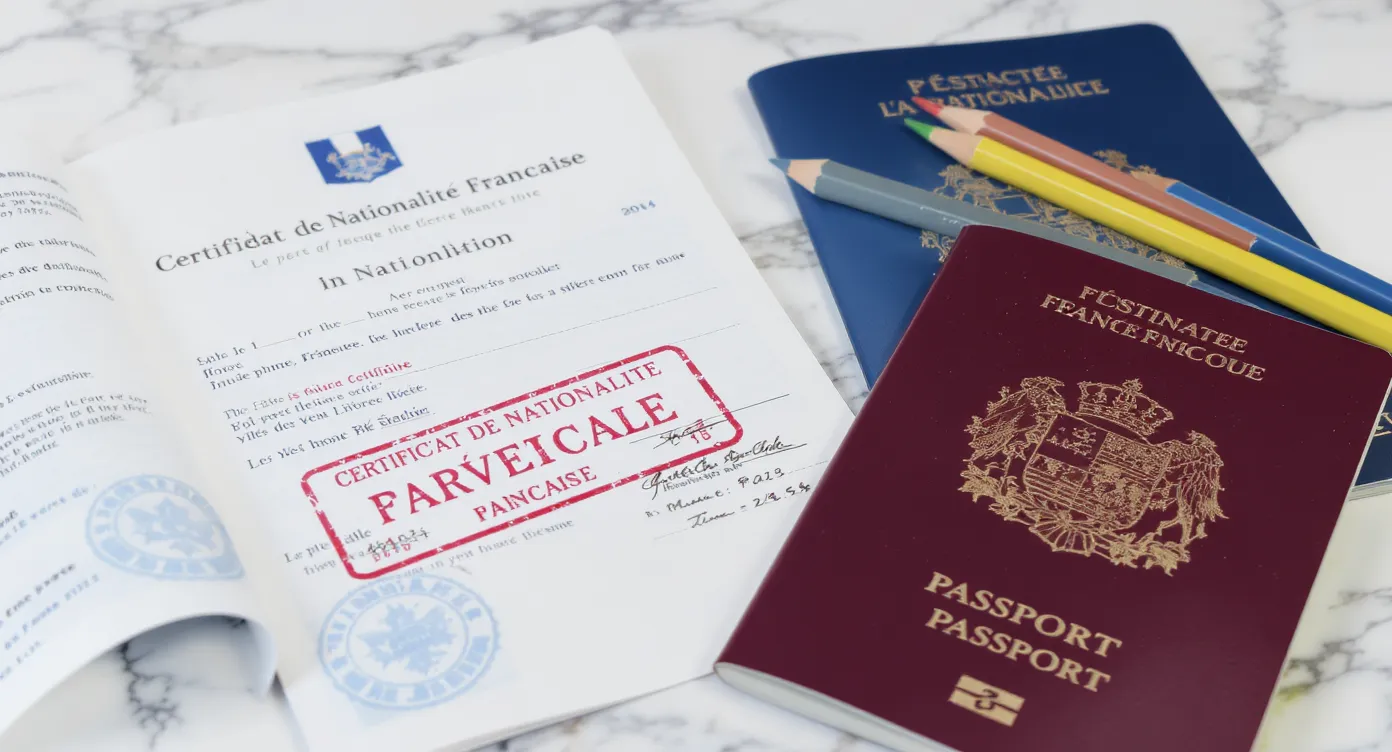
Frequently Asked Questions
Is the CNF mandatory to request a French passport for my child born abroad? Many consulates will insist on a CNF if the French parent’s own passport or national ID is expired or if the parent was naturalised after the child’s birth.
How long is a CNF valid? It has no expiry date, but agencies sometimes ask for a copy issued within the last three months to ensure no subsequent loss of nationality.
Can I apply for the CNF and passport at the same time? No. The CNF must be obtained first; only then will the consulate open a passport file.
What if one parent refuses to cooperate? The applying parent can still file alone but must include proof of sole legal authority or evidence of attempts to secure the required documents.
Does my child need to be present at the tribunal? Usually not for straightforward filiation cases. The clerk may invite you if there is doubt about residence or identity.
Secure your child’s French future today
A well-prepared CNF file spares your family months of uncertainty and unlocks a lifetime of French rights. Book a free 15-minute eligibility call with an ImmiFrance adviser to review your child’s situation, receive a personalised document checklist and turn bureaucratic hurdles into a straightforward success: Schedule your call now.



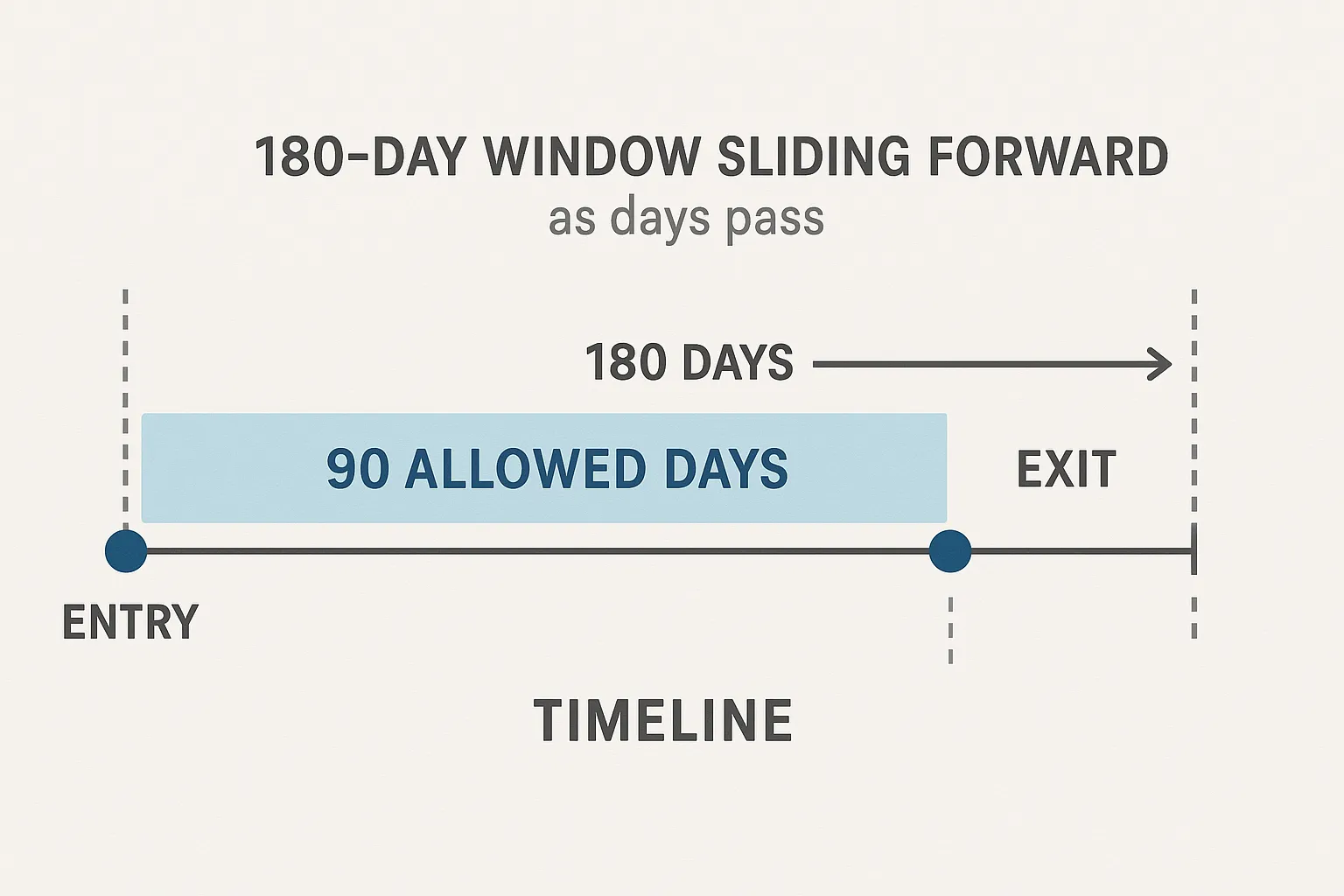



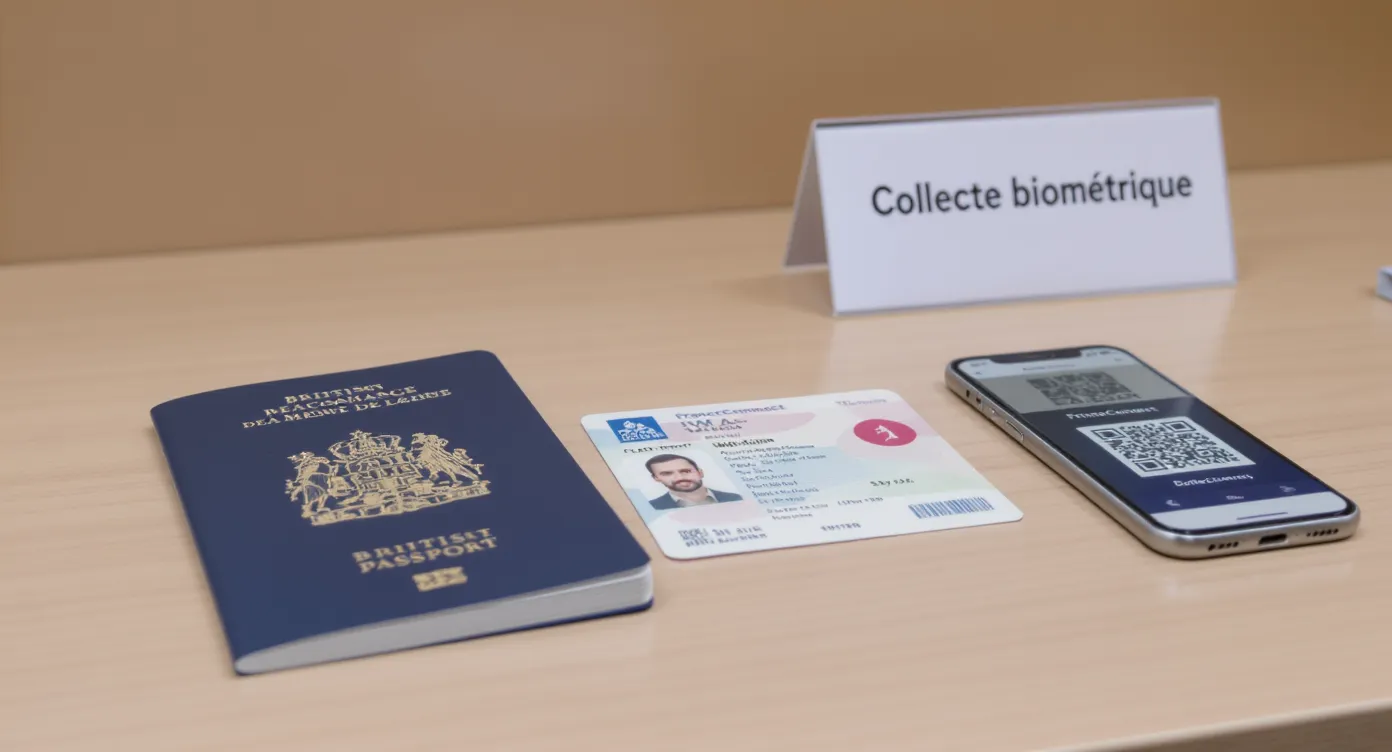

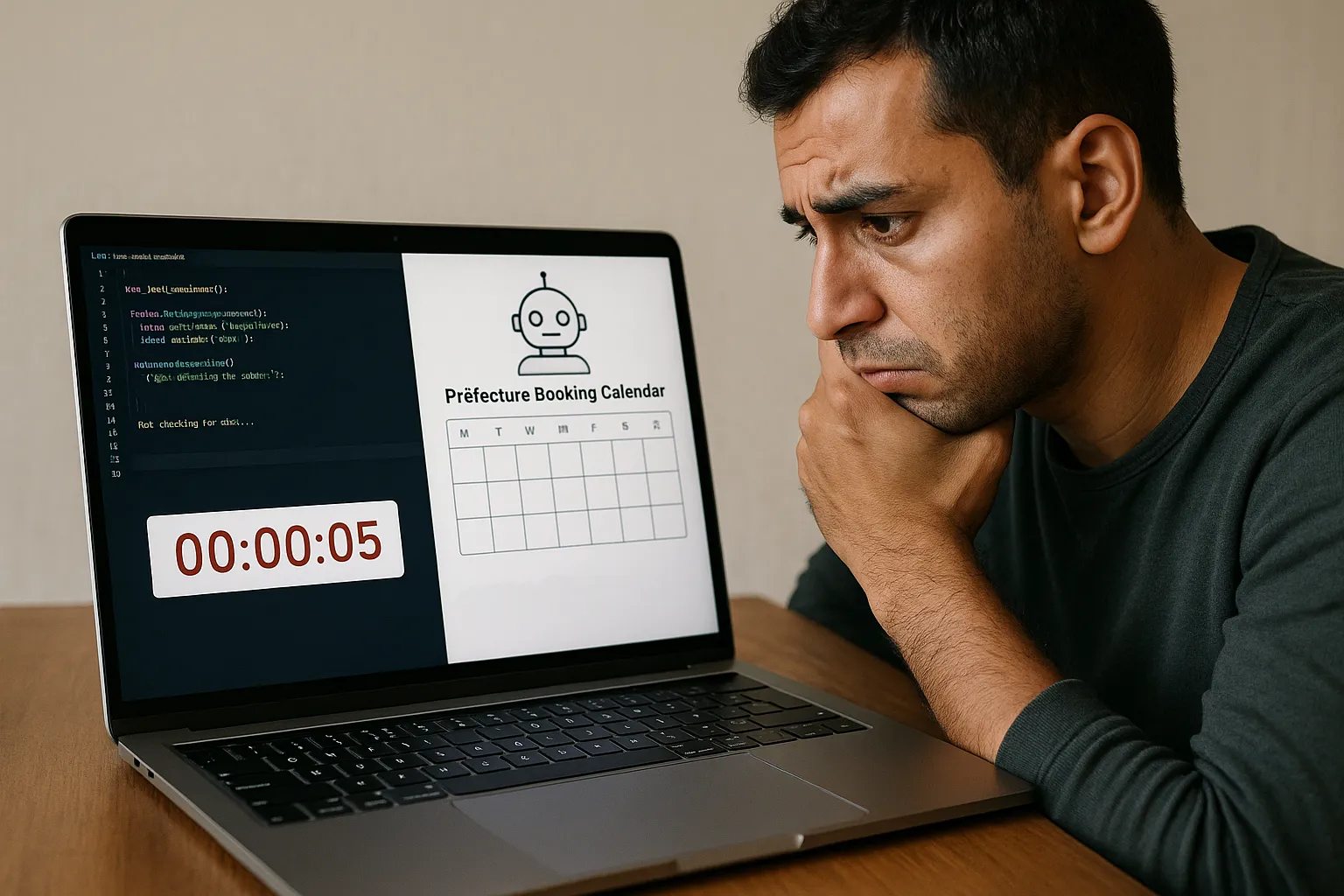
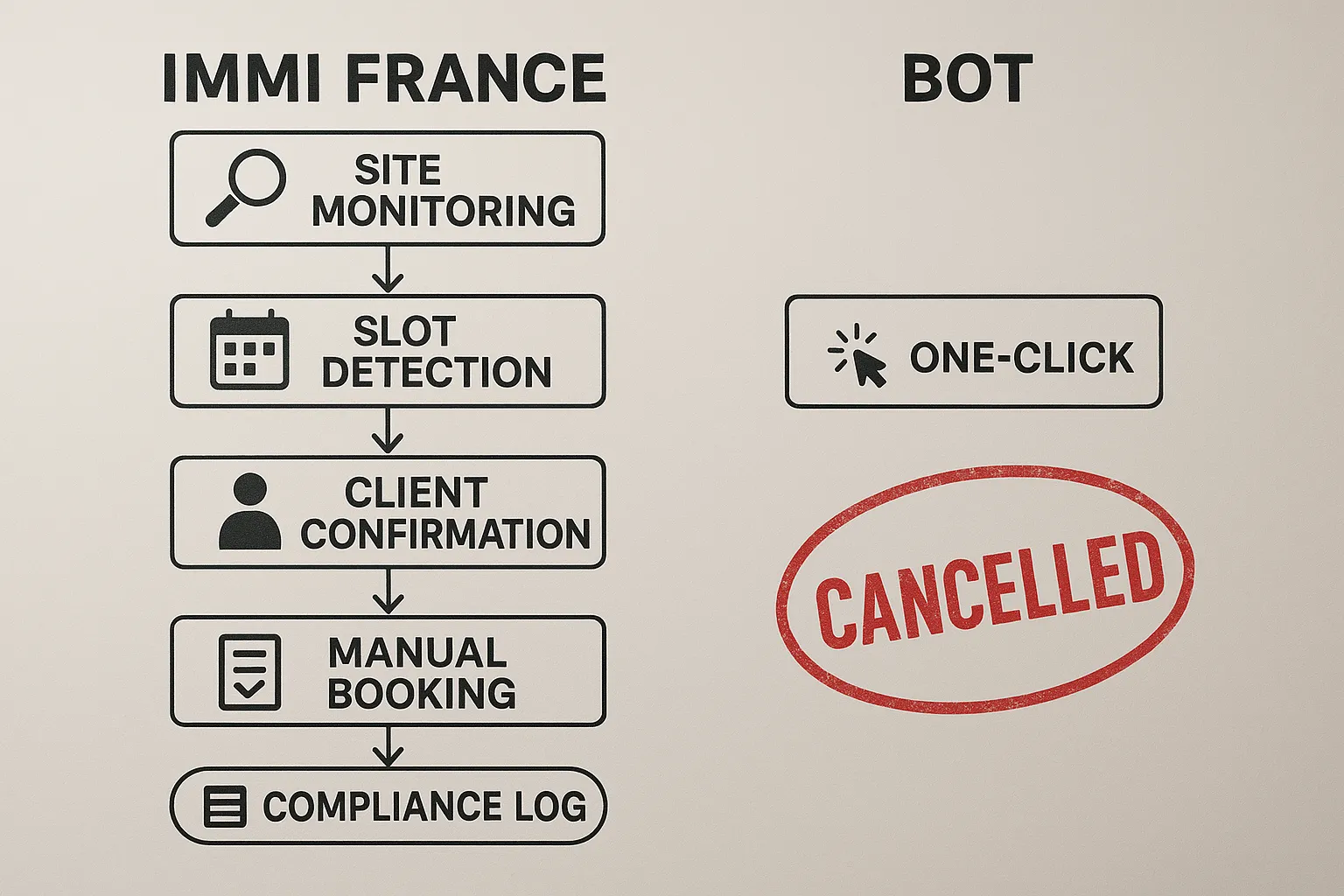 immifrance.com and move one step closer to legal peace of mind.
immifrance.com and move one step closer to legal peace of mind.